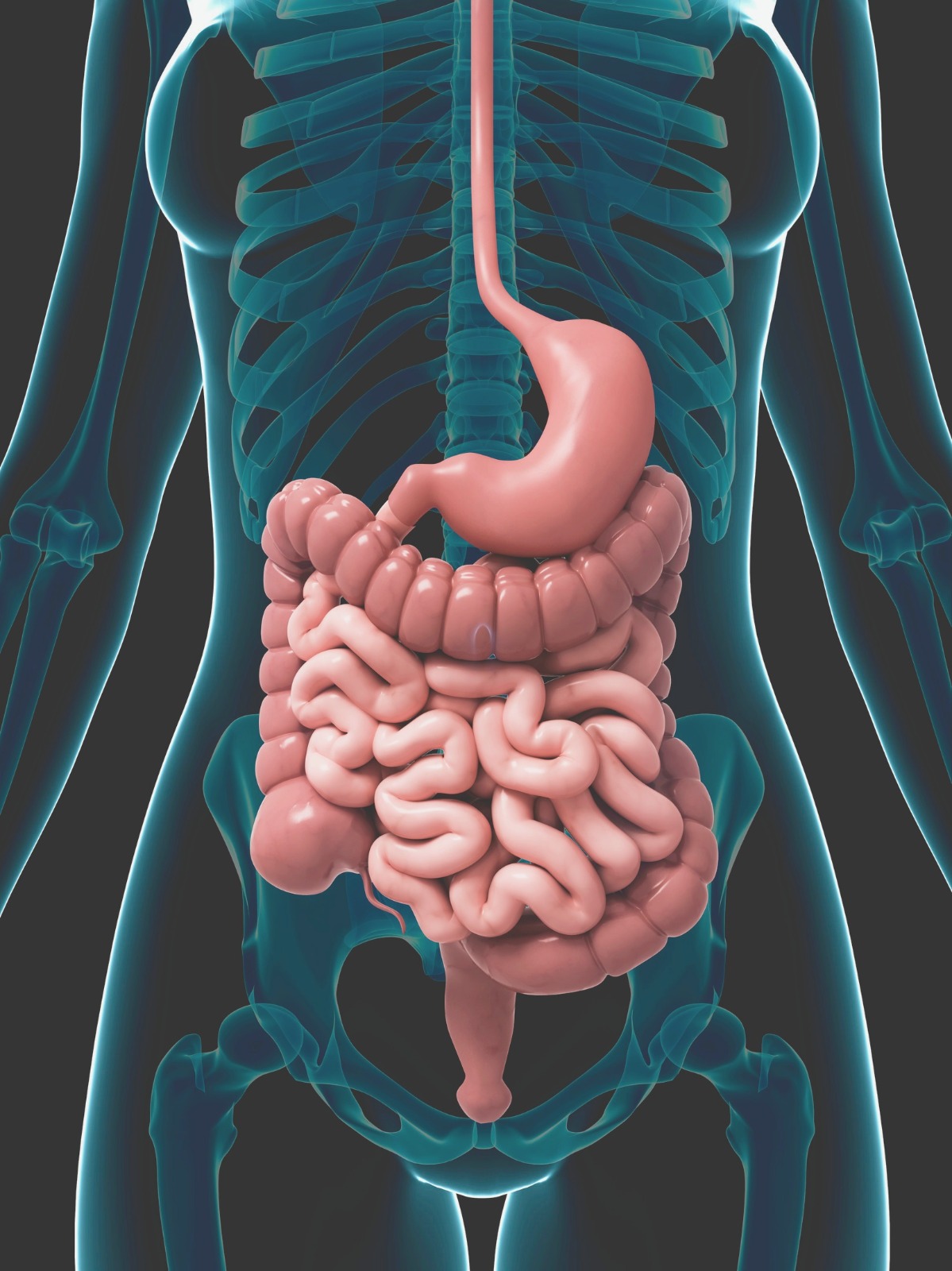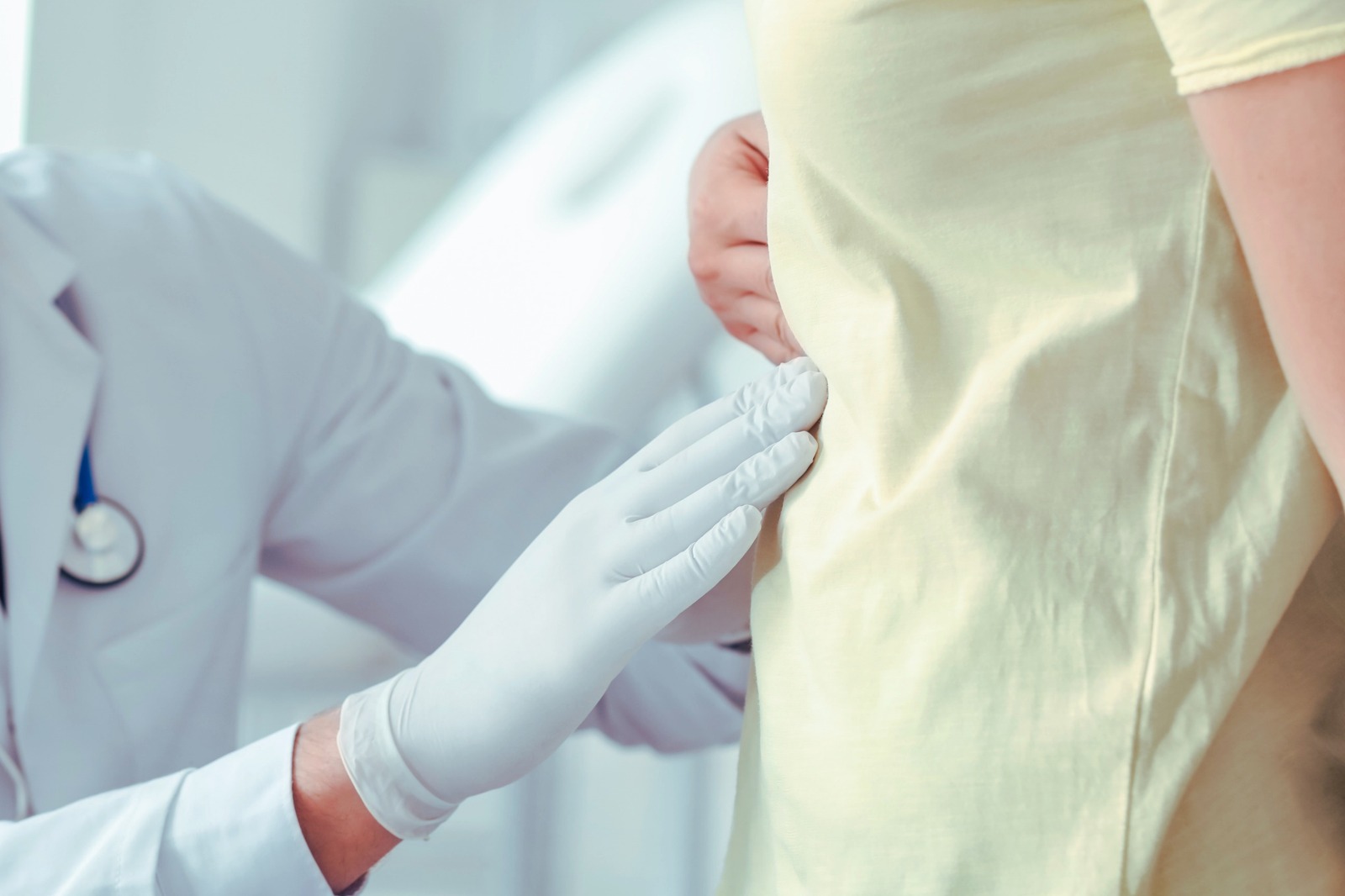Digestology

WHAT IS DIGESTOLOGY?
In other words, it deals with conditions affecting the esophagus, stomach, small intestine, large intestine, rectum, anus, pancreas, gallbladder, biliary tract, and liver.
All these organs are responsible for the digestion process, allowing the body to absorb necessary nutrients and eliminate what it does not need.
Some of the most common diseases treated by the digestology department in Palamós include:
- Functional disorders of the digestive system (gastroesophageal reflux, abdominal bloating, abdominal pain, abdominal colic).
- Digestive infections caused by candida and parasites.
- Food intolerances.
- Small intestinal bacterial overgrowth (SIBO).
- Hemorrhoids (proctology).
The medical specialist in this field is the digestologist or gastroenterologist. At Clínica Eupnea Palamós, we have this specialist who, together with nutritionists and endocrinologists, works to provide our patients with a complete diagnosis.
If you would like to book an appointment with a digestologist in Palamós or have any questions, you can fill out this form to contact us without obligation.
DIAGNOSTIC STUDIES AT CLINIC EUPNEA PALAMÓS
- Food intolerance test: used to detect foods that cause allergies or intolerances in the patient, leading to difficult digestion (such as bloating, diarrhea, etc.).
- Helicobacter Pylori test: Helicobacter Pylori is the bacteria responsible for many cases of gastric ulcers. This bacteria is detected through a highly sensitive breath test. First, the patient must take a pill containing urea marked with C-13. The presence of Helicobacter Pylori is confirmed by detecting this isotope in the breath, as the bacteria break down the urea into urease, releasing carbon in the form of C13O2 during respiration.
- Gastroscopy: involves inserting a small tube through the mouth to visualize the esophagus, stomach, and duodenum.
- Colonoscopy: involves inserting a colonoscope through the anus to visualize the colon.
- Polypectomy: a procedure carried out to remove polyps, in this case located in the digestive tract. The test is performed with the help of an endoscope.
- Abdominal ultrasound: this test allows for a quick study of organs such as the liver, kidneys, spleen, gallbladder, and pancreas using ultrasound technology.

What is gastroenterology and what problems does it treat?
- Gastroenterology is a branch of medicine that deals with the diagnosis and treatment of diseases related to the digestive system, such as stomach issues, intestines, liver, and pancreas.
When should I see a gastroenterologist?
- You should see a gastroenterologist if you experience issues like persistent abdominal pain, digestive problems, frequent acid reflux, blood in stools, changes in bowel habits, or liver problems.
What are the symptoms of gastroesophageal reflux disease (GERD)?
Your content goes here. Edit or remove this text inline or in the module Content settings. You can also style every aspect of this content in the module Design settings and even apply custom CSS to this text in the module Advanced settings.
What can I do to improve my digestion?
- You can improve digestion by maintaining a balanced diet, reducing intake of irritating foods, avoiding heavy meals before bedtime, chewing slowly, and engaging in regular physical activity.
What are the main risk factors for liver diseases?
- The main risk factors include excessive alcohol consumption, obesity, diabetes, intake of hepatotoxic medications, liver infections, and family history of liver diseases.
What are the symptoms of irritable bowel syndrome (IBS)?
- Symptoms may include abdominal pain, gas, bloating, alternating between constipation and diarrhea, feeling of incomplete bowel movement, and mucus in stools.
When should I have a preventive colonoscopy?
- Typically, a preventive colonoscopy is recommended at the age of 50 to detect colon cancer or polyps. In some cases, if you have additional risk factors, your doctor may recommend it earlier.